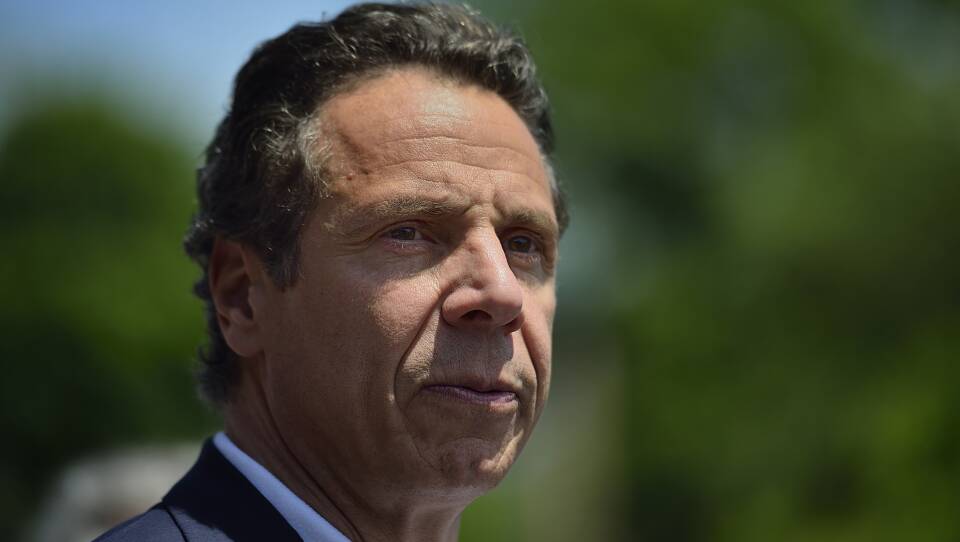With Vermont Senator Bernie Sanders at his side, Governor Andrew Cuomo announced yesterday a proposal that would make in-state college tuition freefor eligible students in his state.
The proposal—which Cuomo says would be rolled out over the next three years—would make both two-year and four-year programs free at first for families earning less than $100,000, and eventually encompassing families earning less than $125,000 per year by 2019.
But Paul Reville, professorat Harvard University’s Graduate School of Education and head of the Education Redesign Lab, said it would likely face the same barriers that blocked similar programs in Massachusetts: cost.
"Nobody is really opposed to the idea," he said. "A lot of people subscribe to [the idea] that the new reality is thirteen years of K-12 education is not enough. You're going to need at least a couple of years of secondary education to be employable in a 21st-century high-skill, high-knowledge market."
"The question is," he continued, "can we afford it right now?"
Reville pointed out that Governor Deval Patrick proposed making community colleges free in Massachusetts in back in 2007. At the time, Massachusetts would have been the first state to do so (Oregon and Tennessee have since implemented similar plans.) But the proposal was quickly stymied by the economic realities of the 2008 financial crisis.
"We had it on paper," Reville said. "We had a whole ramp-up plan about how we were going to do it. Then, by the summer of 2008, we found ourselves making 9C cuts, cutting back the budget."
For now, Cuomo maintains that the program would carry a fairly modest price tag, costing the state about $163 million per year. But lawmakers there are already skeptical about the administration's estimates—and its ability to pay.
As New York Assemblywoman Deborah Glick put it: "The cost estimate of $163 million begs the question: If it costs so little, why haven’t we done it before?”
To hear more from Paul Reville, tune in to Boston Public Radio above.




